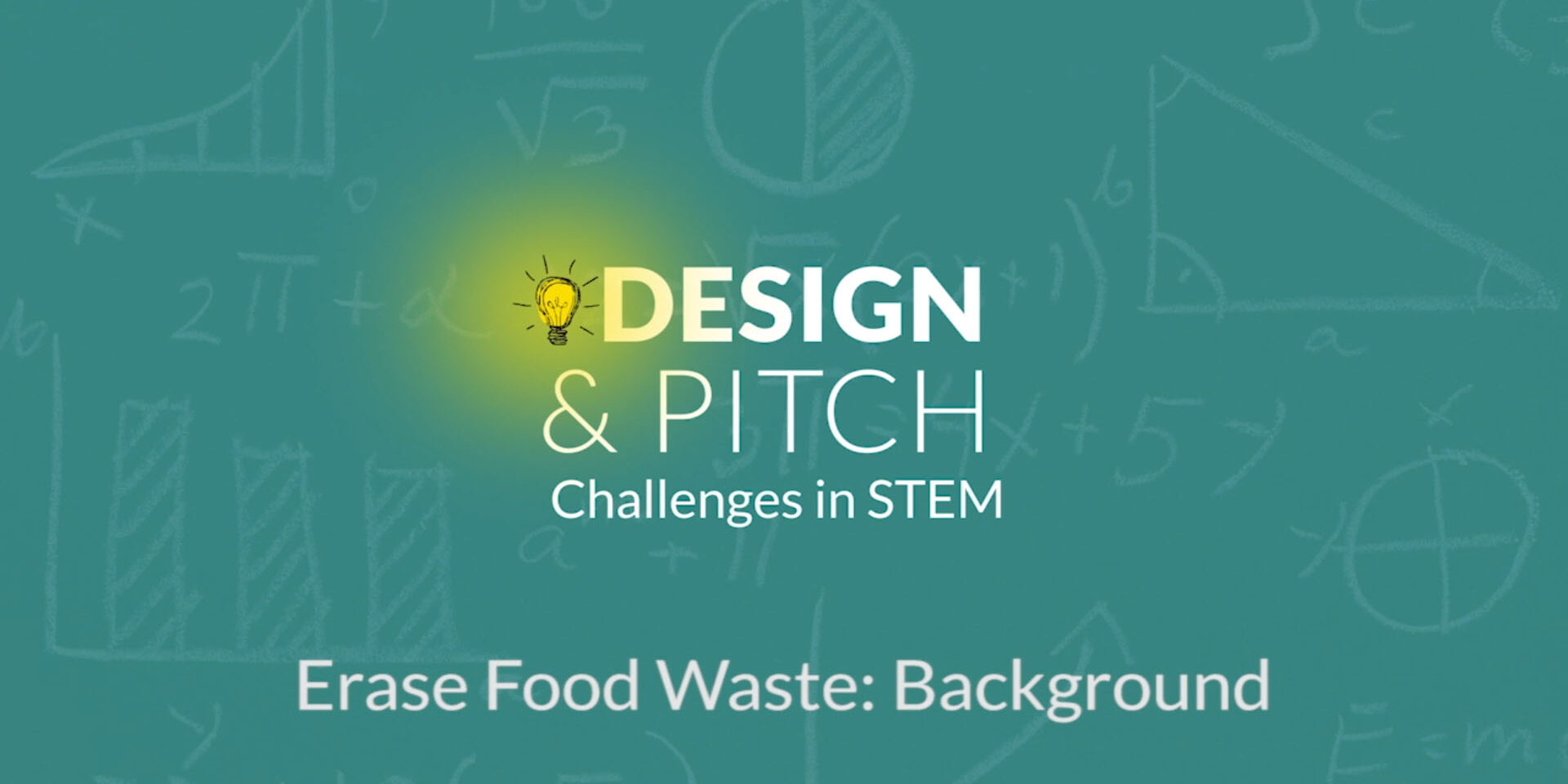The United Nations recently passed a resolution that encouraging the adoption of pioneering discoveries and exponential technologies that improve the human condition and wellbeing into the lives of millions in the developing world to accelerate achievement of the SDGs.
Consequently the Convergence Project (CP) powered by World Frontiers Forum – a consortium of leading scientists Prof. Robert Langer (MIT), David Edward (Harvard), Dennis Ausiello (MGH) is a response to this resolution and seeks to leverage breakthrough scientific discoveries in improving wellbeing working with young pioneers from around the world.
The 2018 Convergence project originating from discoveries out of Harvard University and MIT and called “The Chowberries” started out with an approach to take pioneering discovery of low PH sensitive micro-nutrient encapsulation technology from Langer Labs at MIT and an algae based moisture retaining edible packaging technology by Harvard Professor David Edwards and leveraging both pioneering discoveries to create an African Super Food or Nutrition bite to address micro-nutrient deficiency such as Iron Deficient Anemia in developing countries beginning in Africa.
Foodberry and Chowberry
Chowberry is working collaboratively with Foodberry (formerly Incredible Foods), a Boston-based startup food technology company to incorporate its ground breaking edible packaging food technology to create a nutrient dense nutrition bite called ChowBerries.
Consequently, the ChowBerries will incorporate two revolutionary technologies borne at Harvard University (FoodBerry) and MIT (Langer Labs) both charitably donated to the ChowBerries project to create a versatile new food form that can thrive in the current food system without plastic packaging. Based on a food form ubiquitous in nature, the Chowberries wraps almost any food and drink in two natural layers, a first layer that is like the endoderm of a coconut, and the second that is like the coconut endocarp. ChowBerries can be produced at mass scale at affordable costs, are delicious, and as a generalized food vector validated with consumers in over 4 years of consumer trial.

